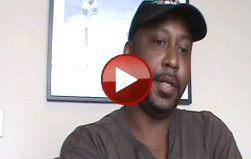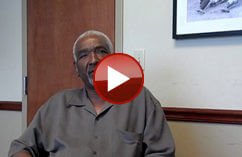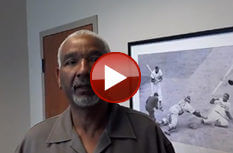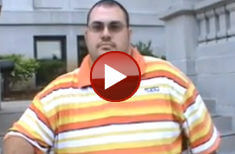Gathering Evidence for a Dalton Traumatic Brain Injury Case
Among the many duties attorneys have, gathering evidence is perhaps the most directly tied to a case’s success. When gathering evidence for a Dalton traumatic brain injury case, attorneys typically look at the changes that have occurred since the accident. With this information, legal professionals could work to build a case for victims.
If you have been injured in a serious accident caused by another, do not hesitate to reach out to a dedicated attorney who could help you make a recovery.
Preparing for a Case
A catastrophic injury lawyer prepares a traumatic brain injury case by focusing a lot on the science and medicine. The lawyer spends a great deal more time in these types of cases than in other cases because of the brain injury and exactly what structures in the brain that may have been damaged.
Attorneys must determine the medical aspects of what that damage did to the person, how it affected his or her ability to function, and how that affects his or her ability to live life normally and earn an income and things of that nature in the future.
Examples of Qualifying Evidence
Evidence in Dalton traumatic brain injury cases often comes from brain scans, CT scans, and MRIs. A lawyer is typically looking for brain bleeds or loss of oxygen to parts of the brain so that the brain stops functioning correctly. Attorneys may be looking at things where parts of the brain begin to shrink or to change size and shape because of the lack of oxygen. Often, attorneys look at less subtle injuries like paralysis, loss of motor function, and loss of body systems like vision or hearing.
The Victim’s Role in Gathering Evidence
The victim often plays only in small roles in gathering the evidence. The victim is usually examined by professionals and is asked for his or her version of the events. Unfortunately, in traumatic brain injury cases, oftentimes the victim is not able to explain what transpired.
Sometimes victims are not even able to understand. Sometimes if brain function has been lost, they are not even able to communicate. So many times, the victim does not play a large role in testifying about his or her actual injuries. In cases such as these, Dalton TBI attorneys gather evidence for a case through testimony from friends and family about how the injury has impacted the victim as they see it.
How Attorneys Could Help Form a Long-Term Insurance Plan
A personal injury attorney could help a person obtain a long-term life insurance plan after suffering from a TBI. Insurance companies typically avoid working with people and writing policies for people who have certain types of brain injuries. Attorneys could help victim connect with insurance companies who are willing to sell those kinds of policies and help them provide the information to the insurance companies to hopefully alleviate some of the concerns about the client’s future and life expectancy.
Steps Victims Should Avoid
Victims looking to pursue an injury claim need to avoid any type of risky behavior while personal injury attorneys are handling a traumatic brain injury case. Victims who are suffering from an injury need to always stay within their doctor’s restrictions.
Typically, a victim who is young wants to get out and live his or her life the way any other person of the same age would do. However, playing certain sports, riding motorcycles or other recreational vehicles, and certain other types of behaviors might be used against the victim in court or might actually contribute to a victim’s symptoms becoming worse.
Let an Attorney Gather Evidence for Your Dalton Traumatic Brain Injury Case Today
If you have been recently injured in a accident, gathering evidence for your Dalton traumatic brain injury case is likely out of the question. With your time occupied with recovery efforts, the last thing you should have to concern yourself with are the intricate details of a future personal injury claim. Instead, let an experienced attorney help gather evidence for you while you heal. Reach out today to speak with an attorney and for a confidential consultation.














